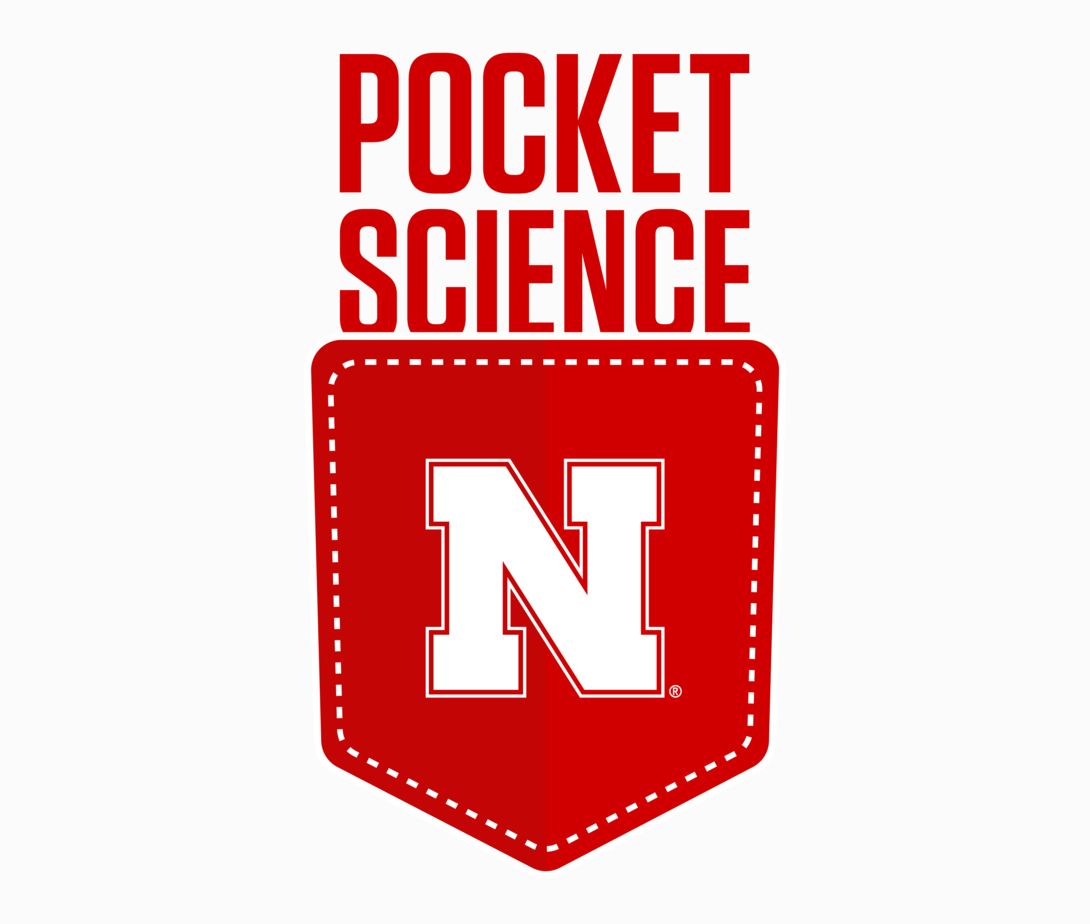
Welcome to Pocket Science: a glimpse at recent research from Husker scientists and engineers. For those who want to quickly learn the “What,” “So what” and “Now what” of Husker research.

What?
Since the emergence of the COVID-19 pandemic, researchers and health officials have investigated the possibility of identifying coronavirus hotspots — including those with asymptomatic carriers — by examining wastewater samples for traces of the SARS-CoV-2 virus.
To date, that wastewater monitoring has occurred mostly on the scale of either an entire city or an individual building. But the former is too broad to provide much context on specific hotspots, and the latter too narrow to inform public health decisions.
So what?
To address those limitations, Nebraska’s Xu Li, Megan Kelley and colleagues at Lincoln Transportation and Utilities explored the feasibility of tracking coronavirus trends and identifying hotspots at the scale of ZIP codes. From July through September 2020, the team took weekly wastewater samples from five manholes and two wastewater treatment plants that collectively covered about one-third of ZIP codes and more than half the population of Lincoln.
After comparing the concentrations of SARS-CoV-2 from those wastewater samples against weekly reports of COVID-19 cases, the team found suggestive overlaps between the two. During each of the two COVID-19 surges that occurred over the 12-week span, the researchers saw marked rises in SARS-CoV-2 concentrations. Those concentrations appeared to increase in a relatively concentrated area — a single ZIP code — during the first, smaller COVID-19 surge but encompassed a broader swath of Lincoln during the second, more pronounced surge.
Now what?
The findings indicate that monitoring wastewater at the ZIP code scale could reveal COVID-19 hotspots with greater spatial precision, potentially ahead of corresponding rises in reported COVID-19 cases, the researchers said.
If so, optimizing the sampling of wastewater might inform faster, more prepared, better-tailored responses to emerging COVID-19 outbreaks. Given the established links between geography and socioeconomic status, ZIP code-level monitoring might especially benefit marginalized communities struck hardest by the pandemic, the team said.







